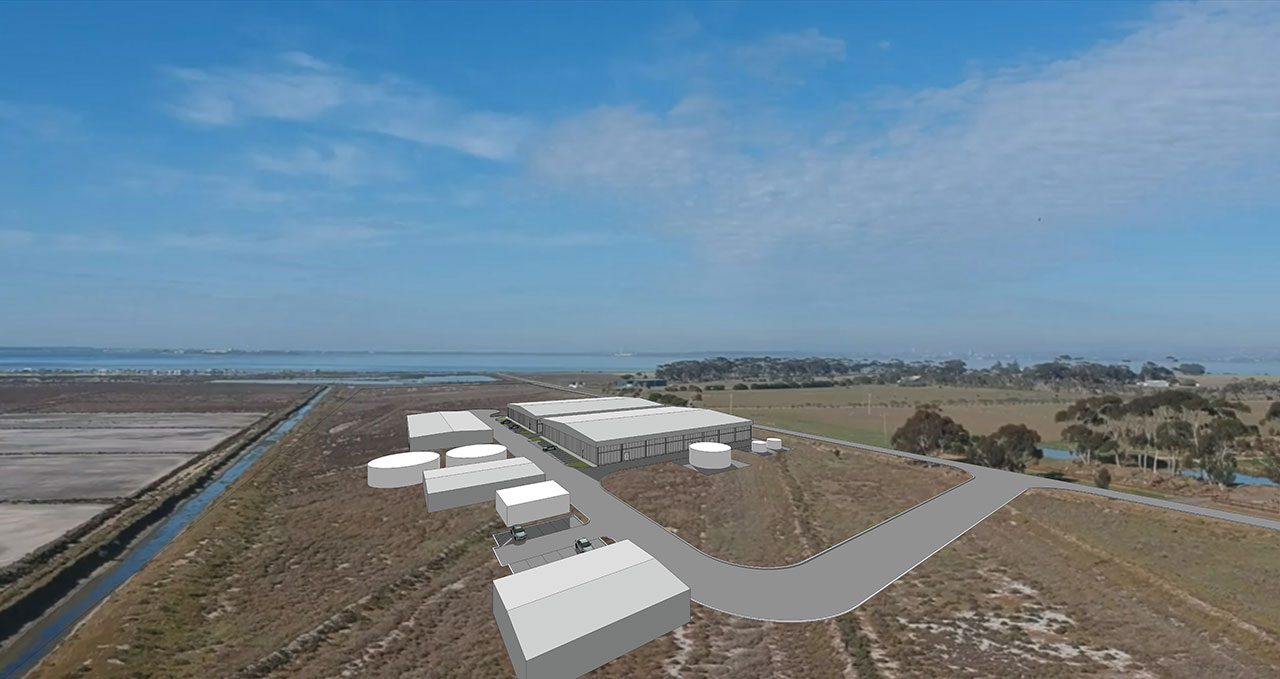This article is from the Australian Property Journal archive
MELBOURNE based Aqua Partners Australia is seeking investors to back the first land-based, environmentally sustainable RAS2020 fish farm in Australia, which would be only the fourth facility of its type in the world.
The circa $65 million recirculated aquaculture system will be developed on a 100 hectare site at Avalon, chosen for its access to seawater and close proximity to Geelong and Avalon airport.
When fully operations, the facility will process up to 2,400 tonnes of fresh seafood, including barramundi and ocean trout, with the capacity to expand to 12,000 tonnes per annum.
Designed by Aqua Partners founder Dr Bent Urup, in conjunction with the Denmark based global leader in water treatment technology, Kruger A/S, the RAS2020 technology is now operating in Switzerland, Denmark and Norway.
“RAS” is a generic term for all aquaculture recirculation systems. There are several varieties, mostly developed from fresh water hatcheries, while the Avalon system is specifically designed for salt water and is more advanced than other systems.
“As developing markets such as China, India, and Brazil grow and as consumers worldwide increasingly focus on sustainably sourced and healthy food choices, average annual consumption will need to increase by at least 1 million to 2 million tonnes per annum to meet this demand and that means the RAS industry will need to significantly upscale,” Aqua Partners managing director, Dan Callaghan said.
“That said, we are at a critical point in the growth of this industry where smart investment can mean Australia becomes a leading supplier and exporter of the best, most sustainable, and environmentally responsible, land-based aquaculture industry.
“Those investors who jump on board will be grabbing a ground floor opportunity in an emerging industry with enormous growth potential,” Callaghan said.
According to the UN’s Food and Agriculture Organization, wild-caught seafood capture has remained static at roughly 80 million tons per annum since the 1980s. Aquaculture produced 74 million tons each year.
Average per capita fish consumption more than double since the 1960’s to over 20 kilograms, leading to more than 85% of global fish stocks being over-exploited, depleted, fully exploited or in recovery from exploitation.
“Not only are fish the most efficient feed converter of all farmed animals but when grown in bio-secure land-based facilities they are free of risk from traditional sea cage issues such as disease, predators, storm damage, environmental risk, and also climate events such as seawater temperature change, which are increasingly affecting the entire food chain,” Callaghan said. “The other major benefit of RAS2020 farming is its ability to provide for a daily off-take, as opposed to an annual harvest, which means greater reliability of supply.”




